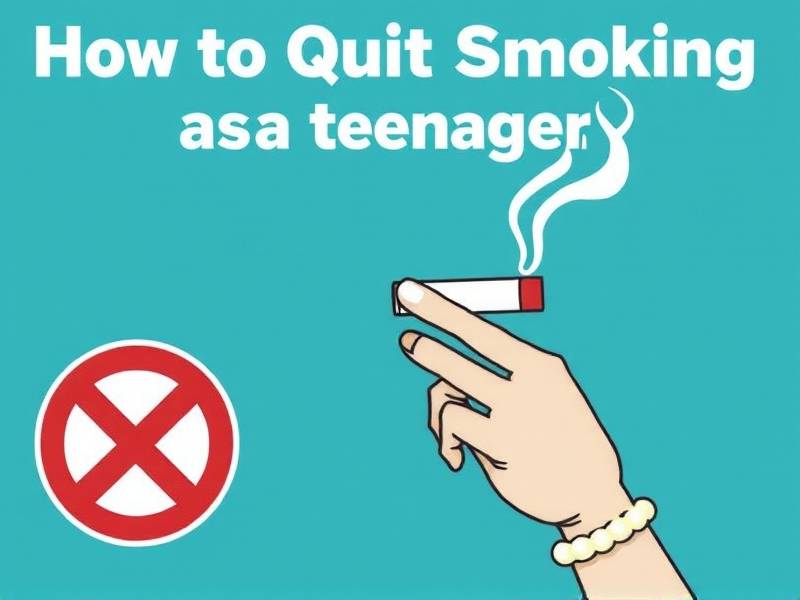How to Quit Smoking as a Teenager: Effective Strategies for Young smokers
How to Quit Smoking as a Teenager: Effective Strategies for Young Smokers
Understanding the Challenge
For teenagers, quitting smoking is a significant challenge that requires both determination and the right strategies. The allure of peer pressure, curiosity, and the false sense of rebellion often overshadow the health risks associated with smoking. This article delves into effective strategies tailored specifically for young smokers looking to break free from the chains of nicotine addiction.
The Importance of Making a Commitment
The first step in quitting smoking is making a firm commitment. This involves understanding the reasons behind your decision and visualizing the benefits of a smoke-free life. Here are some key points to consider:
1. Health Benefits
Smoking can lead to serious health issues like cancer, heart disease, and respiratory problems. By quitting, you reduce these risks and improve your overall well-being.

2. Financial Freedom
Smoking can be an expensive habit. Saving this money can be used for other important aspects of your life.
3. Improved Social Status
Quitting smoking can enhance your social status among peers who respect healthy choices.
Strategies for Success
Now that you're committed, it's time to explore some effective strategies:
1. Seek Support
Joining a support group or finding a mentor can provide you with moral support and practical advice throughout your journey.
2. Identify Triggers
Identifying situations or emotions that trigger your urge to smoke is crucial. Prepare alternative activities or coping mechanisms for these moments.
3. Use Nicotine Replacement Therapy (NRT)
NRT products like patches, gum, or lozenges can help reduce withdrawal symptoms by providing controlled doses of nicotine.
4. Consider Medications
Prescription medications like bupropion (Zyban) or varenicline (Chantix) may also be effective in managing withdrawal symptoms and reducing cravings.
5. Practice Mindfulness Techniques
Mindfulness exercises such as meditation or deep breathing can help keep your focus on the present moment and reduce stress levels.
Overcoming Relapse
Relapse is common when quitting smoking, but it doesn't mean you've failed. Here's how to handle it:
1. Analyze the Cause
Understand why you relapsed and learn from it to prevent future occurrences.
2. Re-commit Yourself
Reaffirm your commitment to quit smoking by revisiting your reasons for quitting.
3. Seek Professional Help
If relapse becomes frequent, consider seeking help from a healthcare professional who specializes in addiction treatment.
Conclusion
Quitting smoking as a teenager may seem daunting, but with determination and effective strategies, it's achievable. Remember that each step towards becoming smoke-free is progress worth celebrating. Embrace this journey with confidence and resilience – you're not alone in this fight against nicotine addiction!

